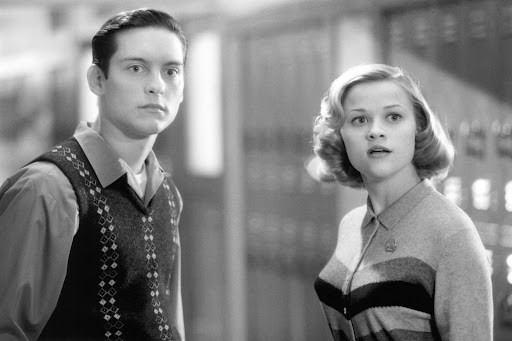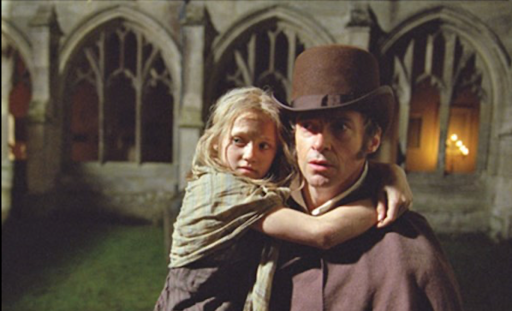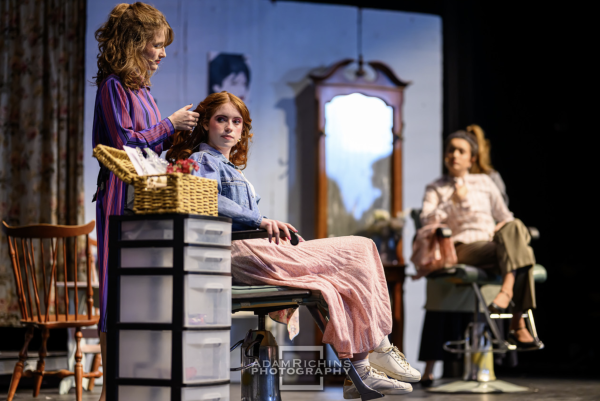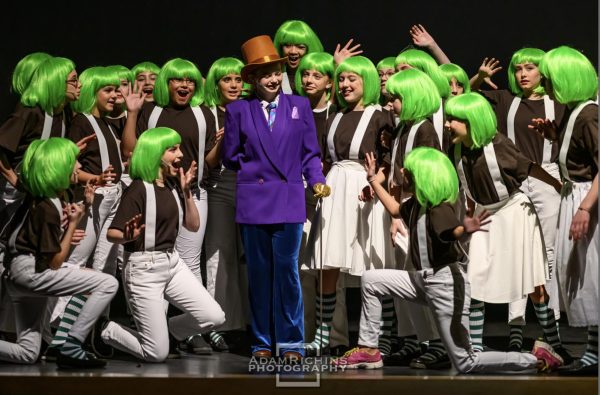Stephen Sondheim Has Passed After Almost 70 Years of Composing

Stephen Sondheim worked on a total of 19 projects.
A few weeks ago, Broadway legend Stephen Sondheim passed away at the age of 91. Composer of 16 musicals and lyricist for 3 more, Sondheim was the artist of the century with an almost 70-year-long career. His work has influenced and continues to influence many.
In his youth, Sondheim became friends with James Hammerstein, son of Oscar Hammerstien II of the legendary duo, Rodgers and Hammerstein. Oscar Hammerstein went on to become his mentor, which is probably where he fostered his love of musical theatre and composition. In his 20s, he became a hit as a composer and lyricist for Saturday Night, and lyricist for West Side Story and Gypsy, all in the course of 5 years.
He then went on to write, A Funny Thing Happened on The Way to the Forum, a Roman inspired comedy, which won six Tony Awards. And three more musicals a little less recognizable: Anyone can Whistle, Do I Hear a Waltz? and Evening Primrose.
His collaboration with Harold (Hal) Prince launched his career into the stratosphere, in case he wasn’t there already. Company, Follies, A Little Night Music, Pacific Overtures, and Merrily We Roll Along all spawned from one decade of friendship.
- Company tells the story of an eligible young bachelor, named Bobby, who explores the realm of relationships, experiencing the pressures of being single while all his friends get married around him. ‘Ladies who Lunch‘ and ‘I’m Not Getting Married Today‘ are two iconic songs from that musical.
- Follies, a musical about the closing of a Broadway theater, tells the story of the reunion of its past performers in a flurry of romance and heartbreak. Absolute classic songs come from this soundtrack (I’ll link my favorite performances): ‘Losing My Mind,‘ ‘Could I Leave You?‘ and ‘I’m Still Here.‘
- ‘Send in the Clowns’ from A Little Night Music might be the most well known song of his work in the mainstream. In particular, renditions by Judy Collins and Frank Sinatra popularized this song.
- Pacific Overtures tells the story of Japan’s westernization. This musical is especially important because it was one of the first, besides Rodgers and Hammerstein’s The King and I, to have Asian representation, and the first to have an all Asian cast.
- Merrily We Roll Along is a musical told in reverse time sequence about the separation of three best friends, the struggle of debuting artists, and the consequences of fame. The entire soundtrack is a source of comfort for me, especially the song, ‘Our Time.’
Around this time last year, I wrote an article called, “Sunday in the Park With George: The Beautiful Message Behind One Sondheim Musical.” Sunday in the Park With George, which got me through quarantine, was just one of the many impressions Sondheim has made on me. West Side Story, one of the musicals he lyricized, was a movie I remember watching and loving as a child. Montrose performed Into the Woods, composed by him and James Lapine, as the middle school musical when I was in 8th grade. I went into highschool analyzing Bobby in Company: I’m pretty sure his ‘choice’ to be single was really just a fear of never finding anybody. I quote Merrily We Roll Along to Elizabeth Barrett ’23 on the daily, and we regularly express our anger towards the protagonist, Franklin Shepherd.
What I’m trying to say is that Sondheim will not be forgotten. I mean, if he can get through to teenagers like Elizabeth and I whose brains are still developing, I’m sure he’s made an even bigger impression on people whose brains are fully formed and have known of his work longer.
After Sondheim’s passing, members of the Broadway community gathered in Times Square for a tribute. Lin-Manuel Miranda read aloud an excerpt from Sondheim’s book, Look, I Made a Hat, talking about what words from each of his musicals spoke to him the most:
“In [Sunday in the Park With George], it was the word ‘forever’ in ‘Sunday.’ I was suddenly moved by the contemplation of what these people would have thought if they’d known they were being immortalized, and in a major way, in a great painting.”
Broadway actors then sang ‘Sunday’ from the musical. Many were on the verge of tears. It was really moving to see a crowd big enough to fill Times Square gathering to remember one man and his work. He didn’t know it when he wrote it, but he would be immortalized through his music, ‘in a major way,’ just like the characters in that painting. He won’t be forgotten.
by Elyza Tuan ’23, Co-Assistant Editor-in-Chief















